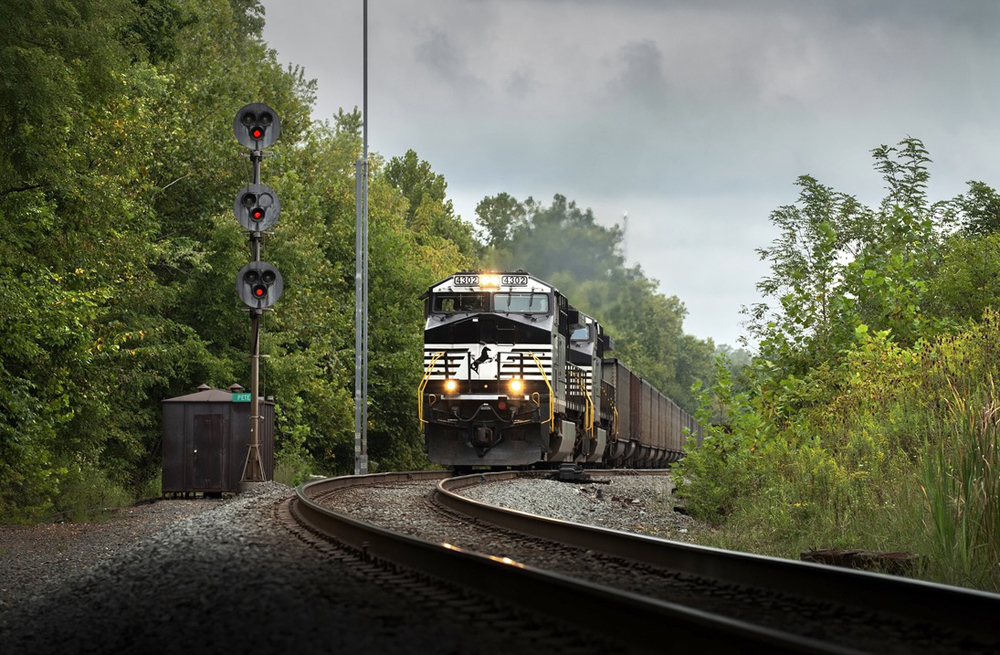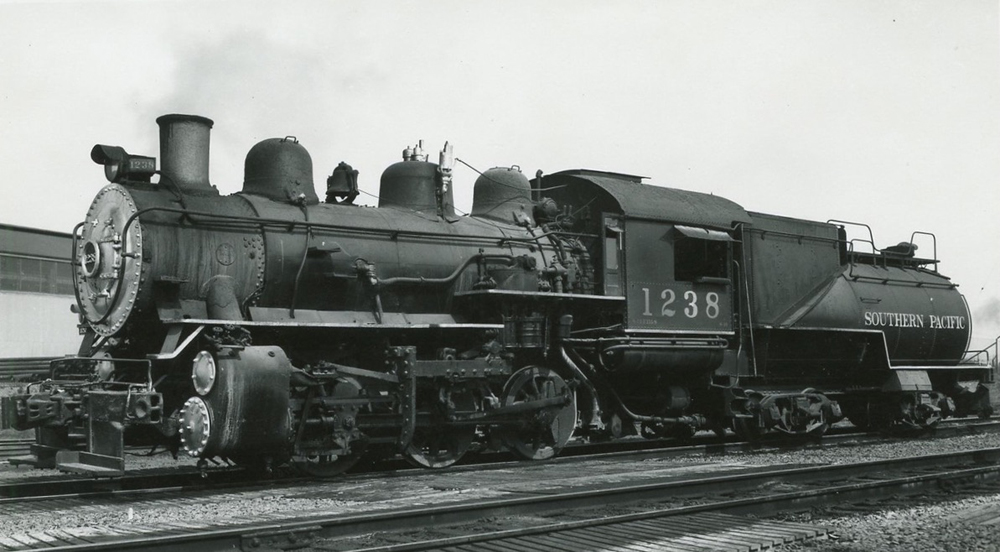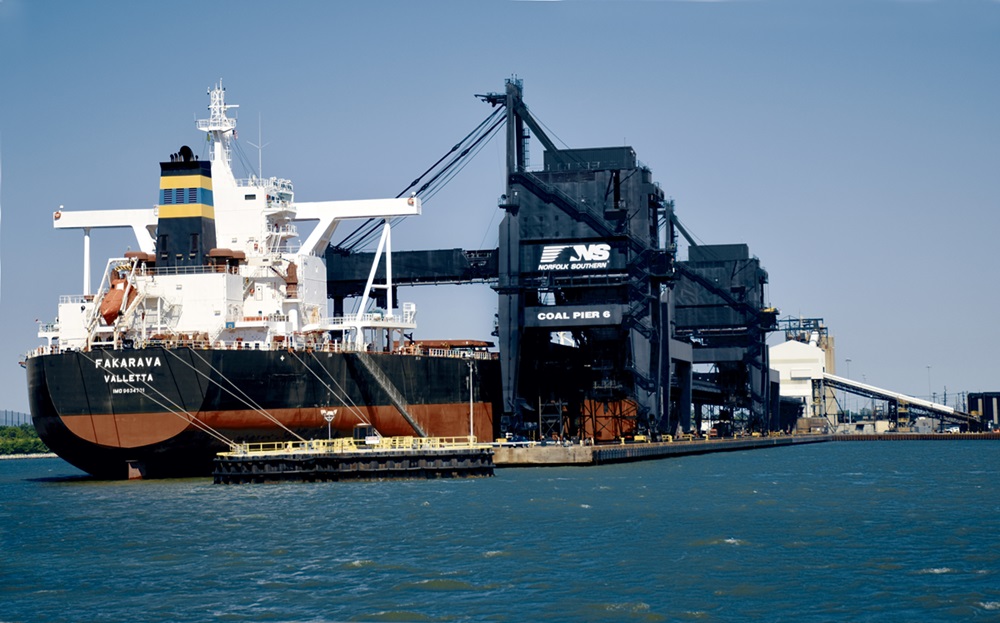
CHARLESTON, W.Va. — Business resiliency and opportunities for CSX and Norfolk Southern to recraft how they do business with two top coal customers makes the announced merger between Arch Resources and Consol Energy important to railroads.
Arch and Consol have been major customers to the four big Class I railroads before announcing their intentions to merge and create the $5 billion-per-year-revenue Core Natural Resources.
Arch operates the biggest coal mine in the U.S., the BNSF Railway and Union Pacific-served Black Thunder Mine in Wyoming, selling more than 60 million tons of coal last year. Arch produced another 2 million tons each at its Coal Creek mine in Wyoming, also served by the two railroads, and West Elk in Colorado.
In the east, where the merger may produce the most opportunity for CSX Transportation and Norfolk Southern to get creative, Arch sold 9 million tons of metallurgical coal from its four West Virginia mines, all served by CSX or through a short line partner. This includes the Leer and Leer South mines near Grafton and Beckley-Pocahontas and Mountain Laurel in the southern part of the state.
Pennsylvania-based Consol Energy operates three mines in Pennsylvania and one in West Virginia, including Bailey, Enlow Fork, and Harvey mines in the Keystone State on former Monongahela Railway territory, now served by CSX, NS, and the Buffalo & Pittsburgh Railroad.
Bailey has long been a reputable mine with significant around-the-clock train loadings, having produced more than 11 million tons in 2023, or about half of the company’s total production, according to Consol’s annual report. Bailey is the country’s 10th biggest mine by production.
And in West Virginia last year, Consol opened a metallurgical mine at Ittman, near Beckley, on NS’ former Virginian Railway, which is open to CSX through trackage rights.
Combined, Arch and Consol produced more than 100 million tons of coal in 2023, or about 17% of the country’s total production, according to U.S. Energy Information Administration data.
Why is it important that two coal juggernauts merge, especially in an industry with a deep history of mergers? If approved, Core Natural Resources will quite literally become a core customer for CSX and NS, whose coal business closely supports Arch and Consol independently today.
As a single entity, Core will have more negotiating leverage when it comes to how tons move across each Class Is railroads’ network.
Finding new ways to better utilize each coal company’s assets could allow for new lanes of business. For example, Consol exports coal primarily through Baltimore at the aptly named Consol Marine Terminal. Likewise, Arch has a joint ownership stake in the Dominion Terminal Associates export coal terminal at Newport News, Va. As independent miners, these companies are financially incentivized to move tons through the facilities they own or manage, but as a single company, they can plug-and-play with different origins and destinations.
Arch is predominantly a CSX customer in the East, while Consol leans a little more to NS. Combining mines and export facilities creates more options.
It will also make the two legacy coal producers more efficient through cost savings, creating resiliency during market downturns. As one, the company will be nimbler.
All coal companies have been grappling with a shift from thermal to metallurgical coal as fewer coal-fired power plants burn coal. This proposed merger will balance the new company’s overall production mix of thermal and metallurgical coal, further enhancing resiliency.
Boards at Arch and Consol have approved the merger, with officials expecting the deal to close by the end of the first quarter of 2025, pending shareholder and regulatory approval, the Wall Street Journal reports.














The way NS has treated CONSOL over the past year-plus, they’d almost certainly become relegated to minority player in this merged company’s plans. 200-car trains simply don’t work when a terminal isn’t owned by a railroad like Curtis Bay is, or geographically monopolized like Newport News is. And they can’t move them fast enough, which is why the CONSOL market share CSX now holds is up to ~20%. Might not seem like a lot but it’s probably more than double what it was before NS started PSR-ing this business sector into the dirt.
I doubt John Orr really cares, either. He’s here to create slop and buff the stock price.